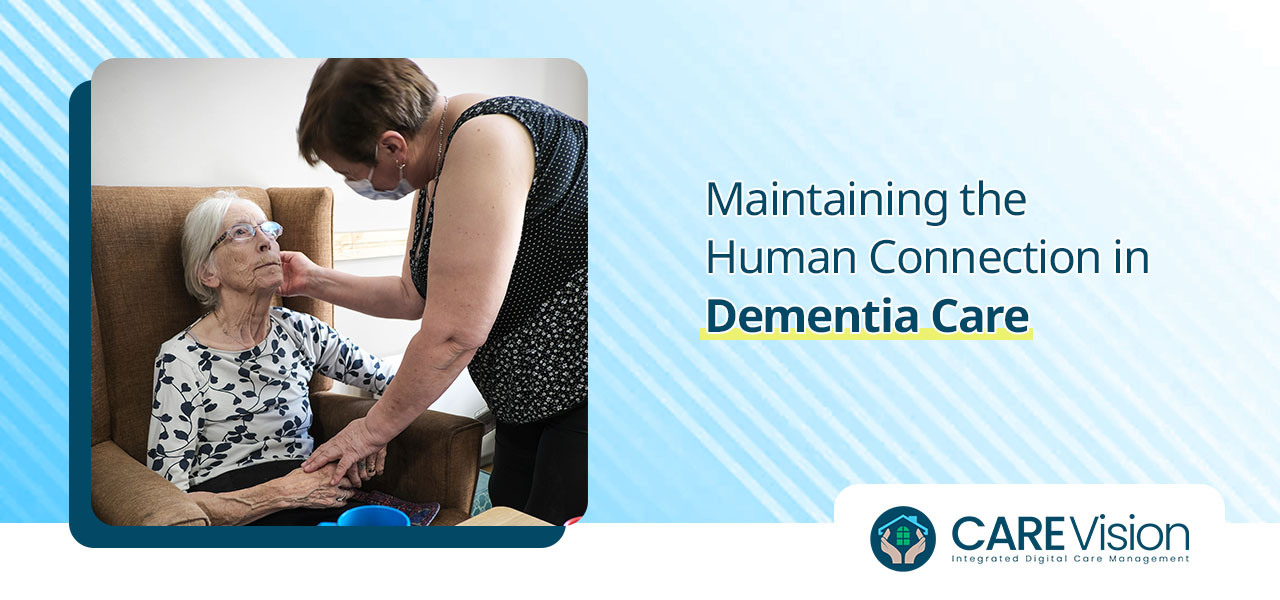As the FIFA World Cup kicks off in Qatar, football fans around the globe will be fixed to their TVs, watching the various teams of elite athletes compete for one of football’s greatest trophies. The event is certainly not without its controversies, but there is no doubting the skills and dedication of the players involved as they train, practise and work on becoming the best they can be at their chosen profession. This is not just evident in football right now. In the world of rugby, the Autumn Internationals are in full swing with equally impressive displays of athleticism, leadership and dedication.
In the care sector, agility, leadership and dedication are equally as important. As are teamwork, training and having aspirations to do the best possible job. However, there are many more lessons that can be learned from the world of sport when it comes to care management. Here are five important areas.
Planning is everything
No football managers instruct their players to simply run onto the pitch and see what happens. Everything its planned in very close detail. Roles are assigned and tactics agreed. It’s the same with care management. Team members must be intelligently deployed so that all areas are covered and that no ‘own-goals’ can threaten overall success. Using planning software such as Care Vision can help set out each component of the care management ‘tactics’ for everyone to see and understand. It breaks down the overall game plan to make each section feel more manageable. The ability to update and change plans based on new information is also key, as is recognising when things are not working as they should be and making adjustments accordingly.
Change and adapt
Following on from this first point, external situations can change very rapidly as well as plans and it is important for managers to follow suit. For a sports team, this can be sudden illnesses or injuries among teammates, political controversy or weather conditions affecting training plans etc. Examples within the care sector include medical emergencies disrupting planned care home activities, changes to available funding or resources and advances in care management technology that alter how tasks are carried out, monitored and reported. Make sure that you always have alternative plans in place for unexpected changes and that you keep up to date with developments in legislation and available technology so that you can react to change straight away with an informed, effective new plan.
Cheerleaders welcome
It has become a cliché of a cliché to say that there is “No I in TEAM”, but it remains true, nonetheless. The football team that will raise the World Cup trophy in December will have achieved the triumph together – there will not be one single person with sole responsible for the victory. Or, anyone who must take sole blame within the teams that do not finish first. In care, staff rely on each other a great deal due to the physically tiring nature of the work, the shift and rota system and the need to provide a wide range of health and social care services to patients and residents. Good care managers spot team members’ strengths and use them for the good of the whole team. Successes are noticed and celebrated through positive feedback in person or via a digital care management system. Issues are quietly noticed too and support provided to help people learn and improve.
Communication is key
Sports professionals in play is in constant communication with each other, be it a football or rugby team shouting out to each other on the pitch or a racing driver being instructed by their support team via headset. Likewise, a good care team should speak to each other very regularly to make sure that all tasks are covered and nothing is being done twice when there is no need. Using care management software is a great way to do this, as the system ensures that data is only recorded in one place and that handover notes, feedback etc. are presented in a clear, understandable way for everyone to follow.
Managers must present instructions clearly and positively too, giving people the chance to ask for further details or provide their input as appropriate to maximise the chances of a good performance out on the field. It’s the care equivalent of the dressing room pre-match talk.
Always seek to improve
The four points above – planning, adapting, teamwork and communication – all revolve around one main goal. The quest to improve and seek to do better and better each time. For care managers, this means providing higher and higher quality levels of care and support to the patients and residents under their care. Never settle for second-best, and use the very best resources available to you to help you achieve your goals. Nobody can be perfect all of the time, but we can all work to be the best version of ourselves that we can.






